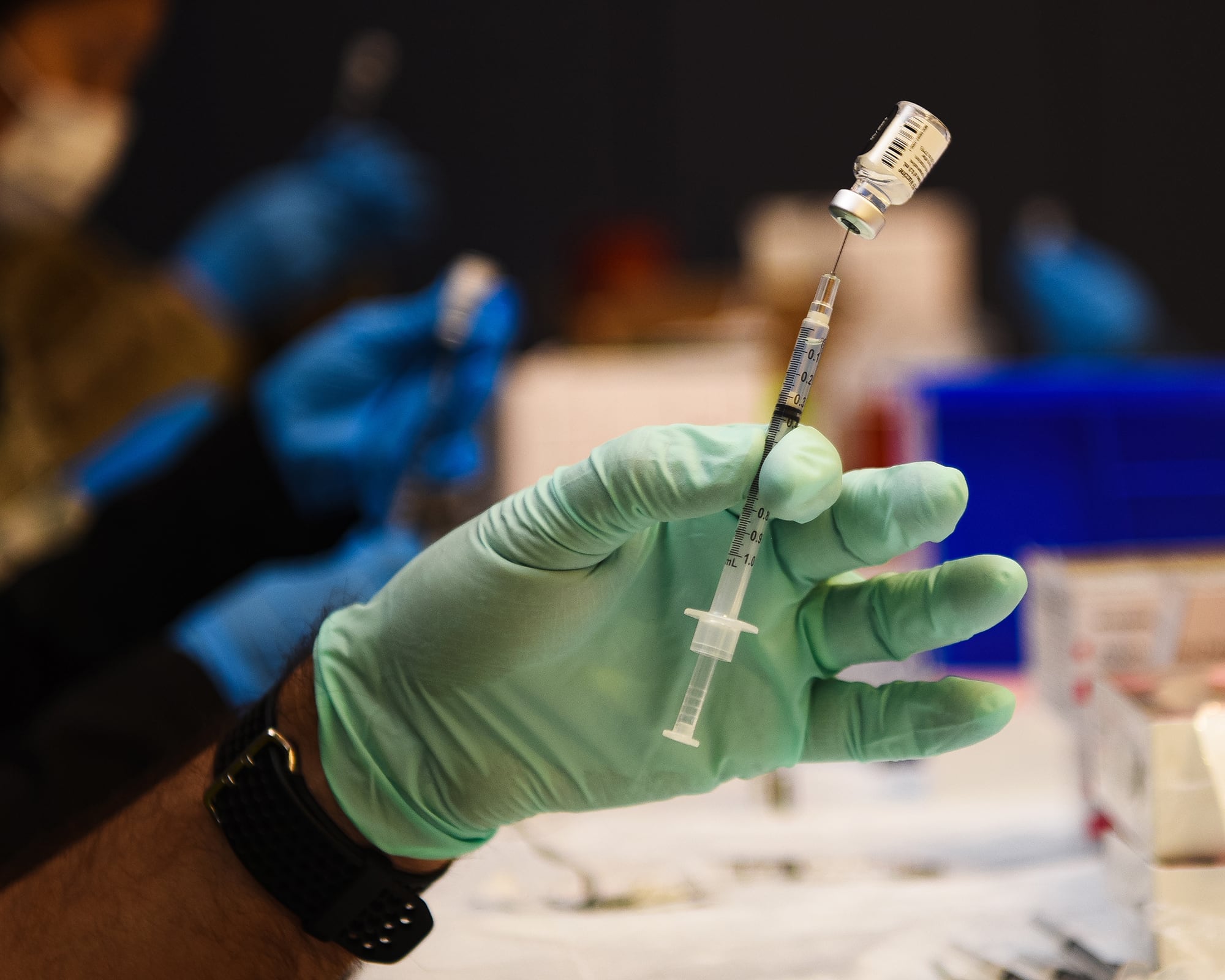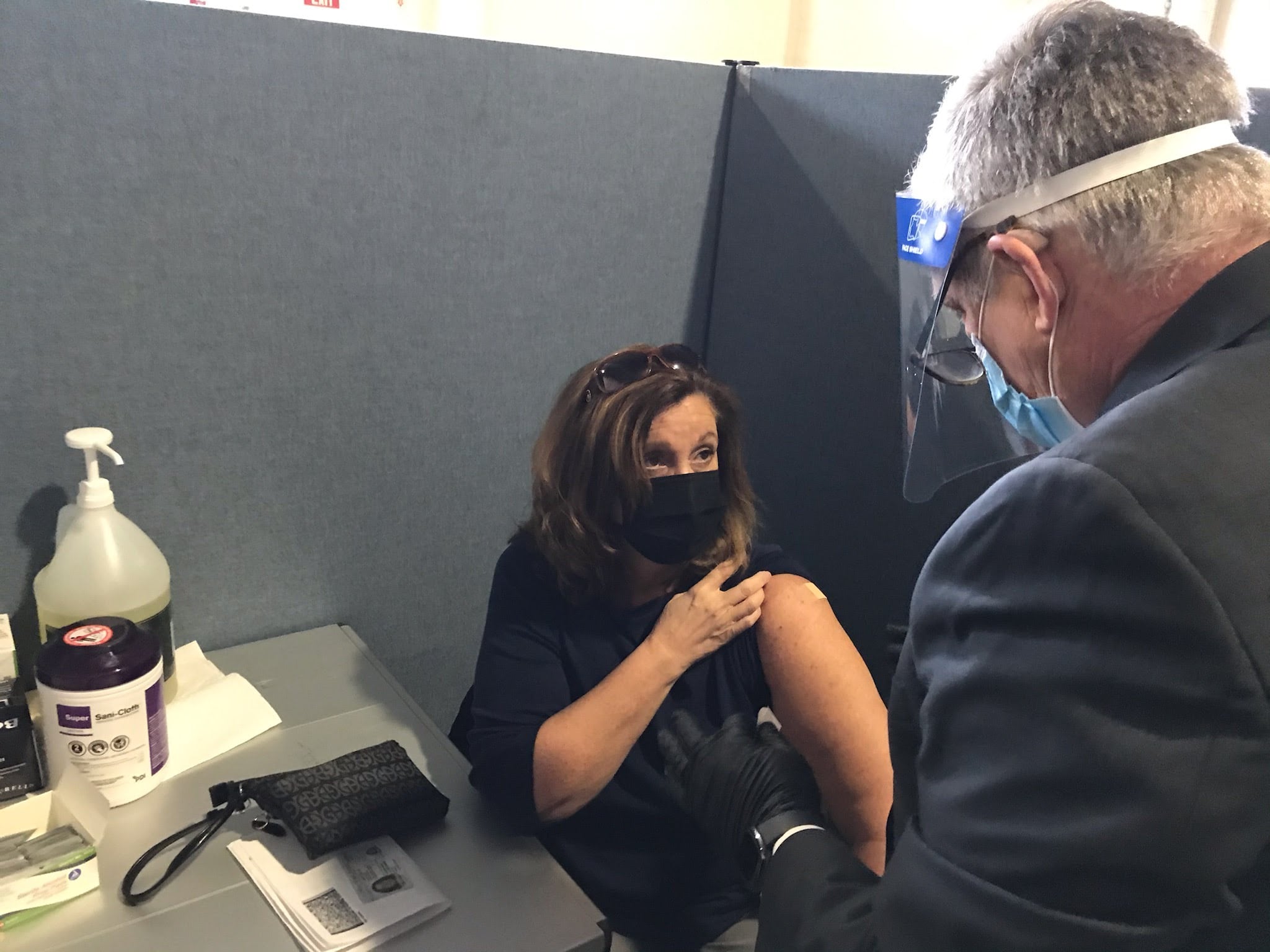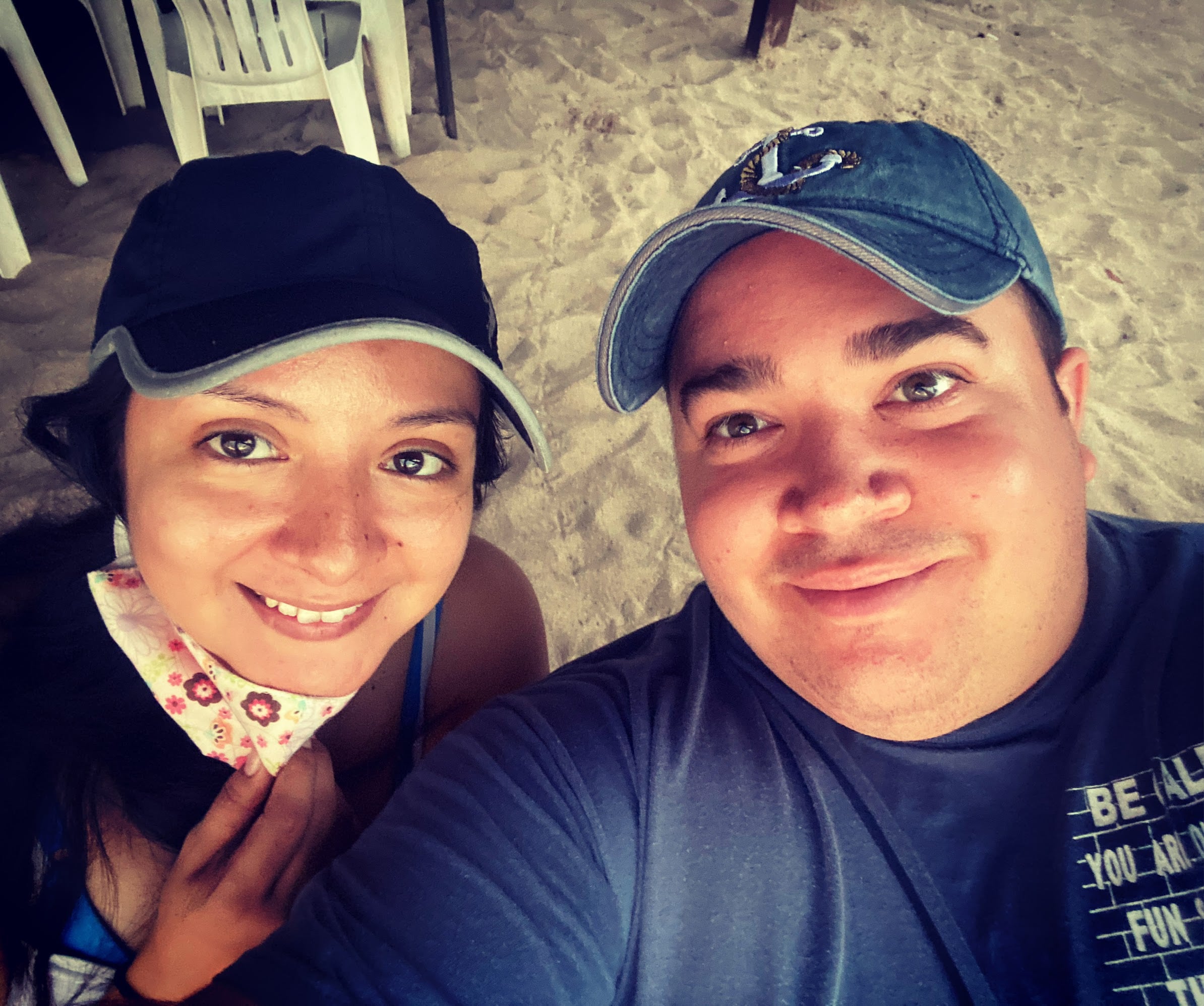Congress and Veterans Affairs leaders want to get as many veterans vaccinated against COVID-19 as possible in coming months.
How quickly they can do that is still a big question, however.
On Tuesday, House lawmakers approved new legislation that would allow VA health officials to offer vaccines to any veteran — including those living abroad — and most caregivers when supplies become available.
RELATED

Under current rules, only veterans who are eligible for VA health care and certain caregivers enrolled in the official VA assistance program can get the shots. Veterans living abroad who are enrolled in the Foreign Medical Program are also ineligible for coronavirus-related testing or treatments.
“We don’t have time to waste,” House Veterans’ Affairs Committee Chairman Mark Takano, D-Calif., said in a statement after the bill’s passage. “We must get more shots in arms, our VA VACCINE Act makes sure that VA can.”
The measure passed without any objection and strong support from several prominent Republicans, including committee ranking member Mike Bost, R-Ill. It now heads to the Senate, where earlier this week the chairman and ranking member of the Senate Veterans’ Affairs Committee offered a similar measure with a goal of increasing the number of vaccinated vets.
“We need to vaccinate as many Americans as possible to get through this pandemic and get our economy back on track,” said committee Chairman Sen. Jon Tester, D-Mont. “That starts by making sure that every veteran has access to a vaccine, regardless of whether they’re enrolled in VA health care or not.”
Tester’s bill, introduced along with several Republicans, would allow VA to provide no-cost vaccines to “all veterans, veteran spouses, caregivers, and Civilian Health and Medical Program of the Department of Veterans Affairs (CHAMPVA) recipients to the extent that such vaccines are available.”
RELATED

It also contains language asking the Department of Health and Human Services to “adjust VA’s vaccine allocation based on this increased eligibility pool, as much as the supply chain allows.”
That part is key, because neither bill mandates vaccines be made available to cover the more than 20 million veterans, spouses and caregivers living in America today. VA officials have said that they expect to receive enough doses in coming months to cover roughly 7 million individuals, including veterans and VA staff.
In an interview with Military Times last week, acting VA Under Secretary for Health Dr. Richard Stone said that VA officials are supportive of the efforts to expand vaccine eligibility, even if it’s unclear whether they will get enough vaccine doses to meet the demand.
“It’s the next logical step for us,” he said. “Should Congress give us the authority, we’ll be ready.”
Department staff administered about 250,000 vaccine doses last week. Stone said he believes VA could do more than 300,000 if given supplies from federal partners.
RELATED

On Monday, VA passed 1 million veterans and staff fully vaccinated (both doses of the two-shot regiment) since mid-December. The department also topped 10,700 deaths from coronavirus-related complications in the last year.
Under both pending legislative proposals, VA would continue to prioritize veterans eligible for department medical care before distributing vaccines to other veterans. Stone said in some locations, the department has already covered the highest-risk groups but has still been forced to turn away other veterans interested in receiving the vaccine as soon as possible.
The next move in potentially changing those rules will come in the Senate, where leaders will have to decide whether to advance their own measure to the House or quickly pass the measure sent to them on Tuesday night.
Even if either measure becomes law, it will likely take several weeks or months before VA medical centers open vaccine distribution to the new populations. But, given the demand for doses across the country, that could provide a quicker path to vaccination than other private-sector options.
Leo covers Congress, Veterans Affairs and the White House for Military Times. He has covered Washington, D.C. since 2004, focusing on military personnel and veterans policies. His work has earned numerous honors, including a 2009 Polk award, a 2010 National Headliner Award, the IAVA Leadership in Journalism award and the VFW News Media award.





